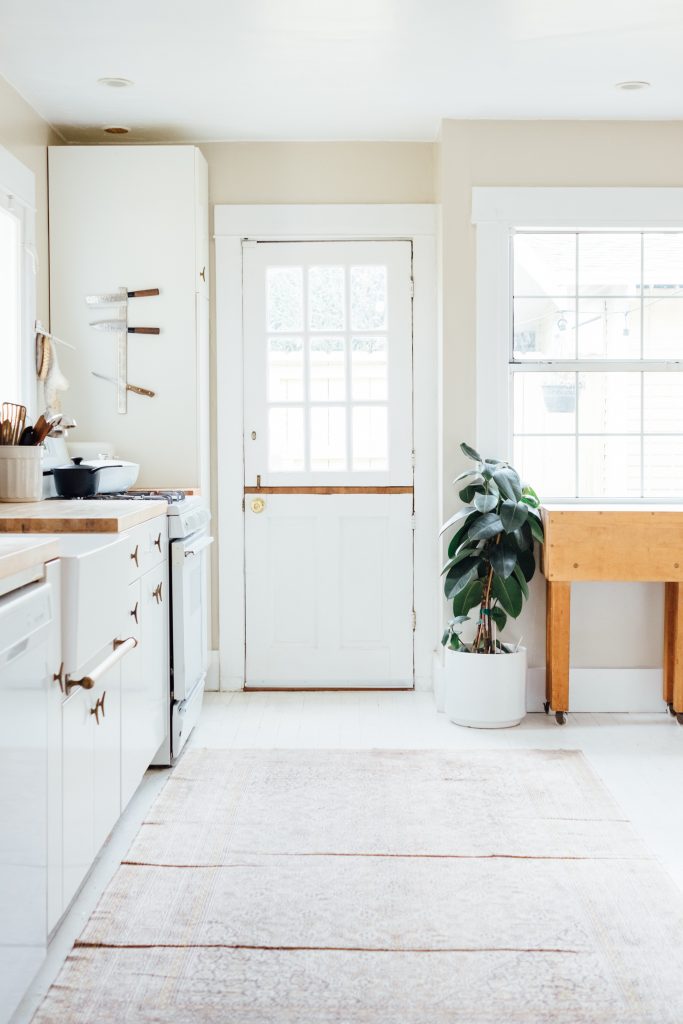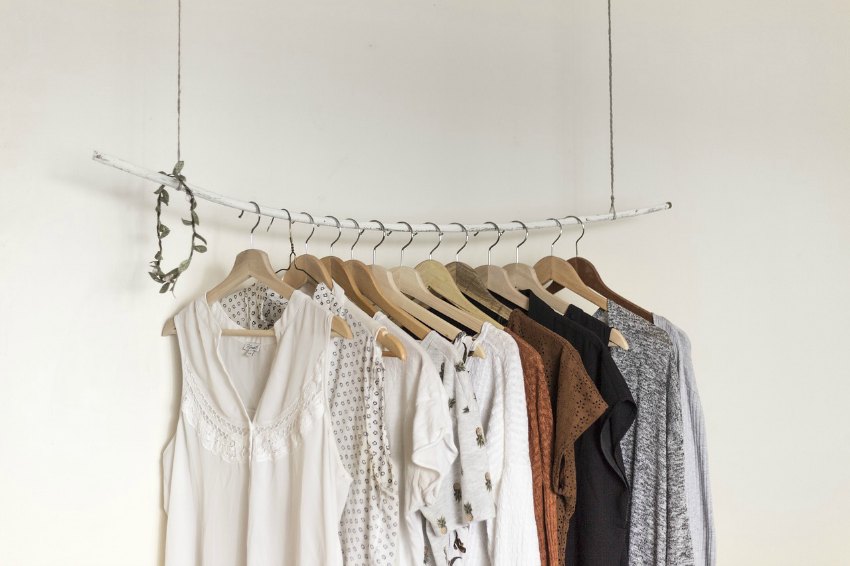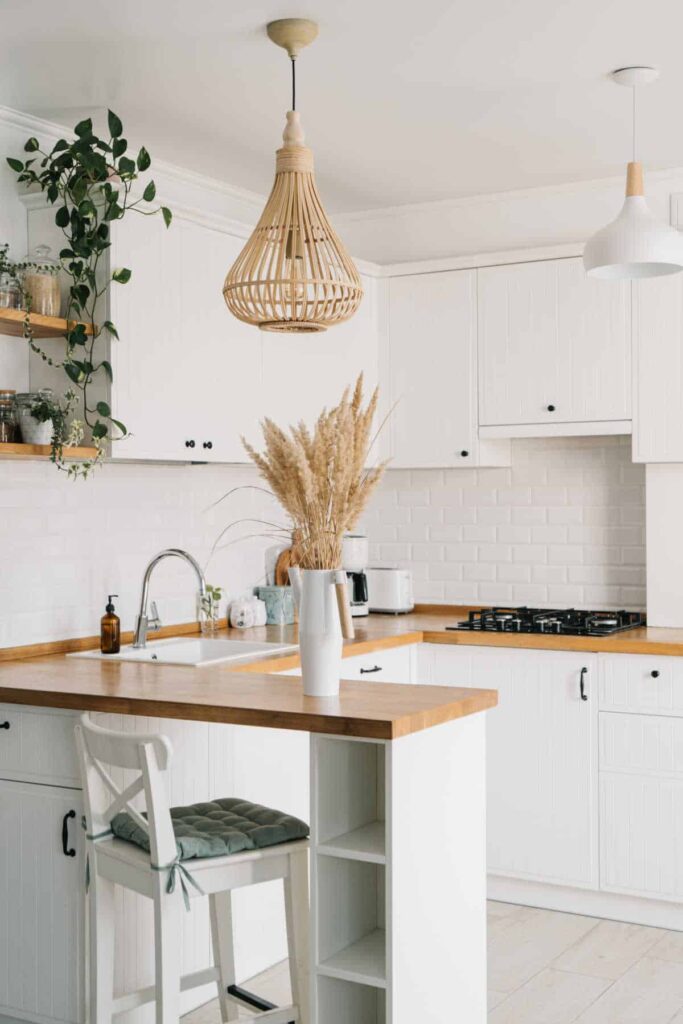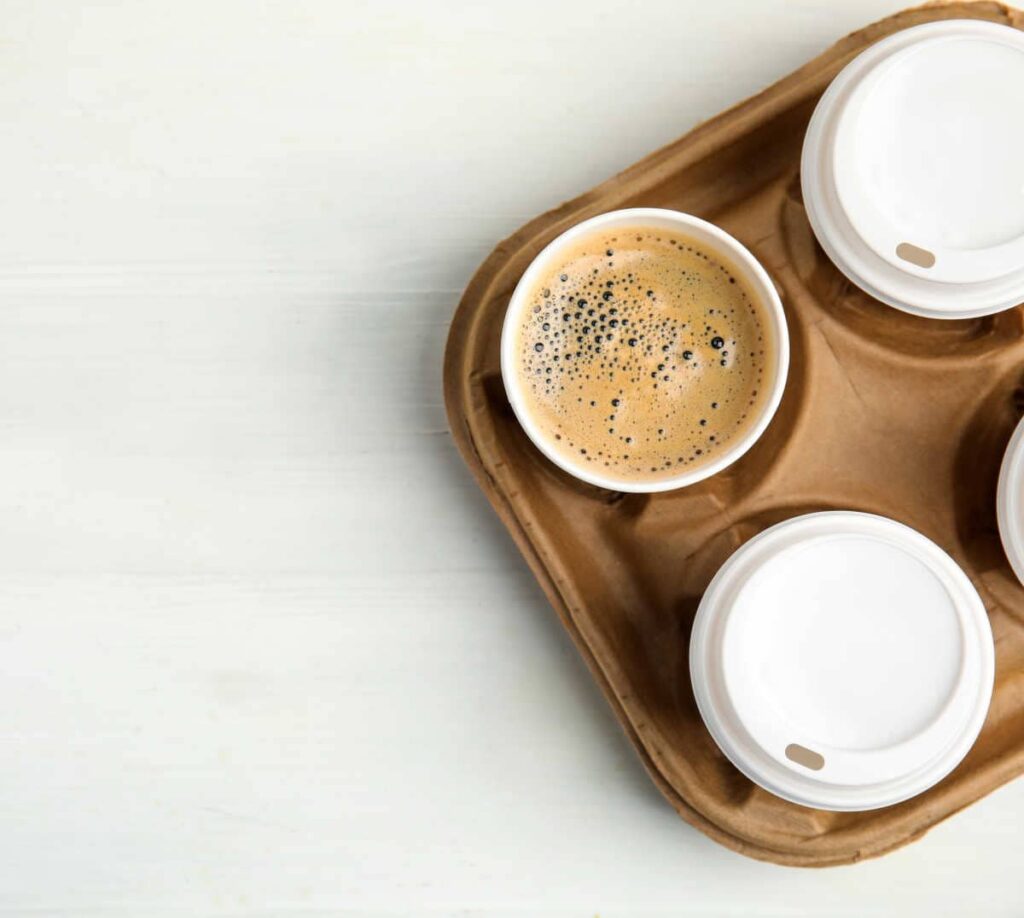The Best Eco-Friendly Bin Bag Alternatives
To support the running costs of Moral Fibres, this post contains affiliate links. This means Moral Fibres may earn a small commission, at no extra cost to readers, on items purchased through these links.
So, let’s talk about eco-friendly bin bag alternatives. I know it sounds dry, but if you hang about to the end you might just find a twist in the tale…
Now, I know, I know, I appreciate bin bags are not the most glamorous of topics. It’s no plastic-free makeup. However, it’s important to talk about all the little ways we use plastic in our homes. Particularly to see where plastic can be swapped for better alternatives. So let’s get down to bin bag business!

Eco-Friendly Bin Bag Alternatives
If you are looking to green your waste, then here are my top alternatives to bin bags for your waste destined for landfill:
1. Ditch the Bin Bag
By far the single most eco-friendly bin bag alternative is to go bagless. Yup, completely cut out the need for a bin bag. If you can, instead line the bottom of your kitchen bin with old newspaper. You can then simply tip the contents of your bin into your wheelie bin when the bin is full if your Local Authority allows you to put in bagless waste.
Many people worry about wet and slimy waste making a mess of their bins. However, if you are composting food waste, either in your garden or via your local council’s food waste collection, then you won’t have that problem. All the wet waste will be in your compost bin.
Voila! Cheap, cheerful and 100% sustainable!
2. There is No Other Alternative
Sorry to be the bearer of bad news, but there
You see, as I explained in this post about biodegradable plastics, and if they are good for the environment, in order for biodegradation to occur three basic resources are required – heat, light,
If a biodegradable or compostable material, including paper and food, ends up in a landfill site it can take decades upon decades to decompose. All the while releasing the greenhouse gas methane. This is a really interesting/horrifying article if you’re keen to learn more. Just wait until you get to the bit about the 1967 order of guacamole…!.
In short, this happens because in landfill sites waste is essentially mummified, in the complete absence of light and oxygen. If the food that has ended up in landfills stays pristine for 50 years or more, there really is little hope for biodegradable, compostable, or paper bin bags in
3. No, Really, There is No Other Alternative
By now, maybe you’re hoping that there is another eco-friendly bin bag alternative answer that some clever bod has come up with. Sadly, this isn’t the case. I think the whole eco-friendly bin bag question highlights the fact that we can’t simply shop our way to sustainability.
What we need aren’t eco-friendly bin bag alternatives but a real change away from producing so much waste.
Food composting facilities need to be available to everyone. We need to buy less stuff, and when we do need to buy products they need to be ones that don’t break so quickly or can be repaired easily and affordably.
We need more repair cafes. And we need to switch from using disposable products to reusable products as and when we can.
This is easier said than done. So this needs to be combined with support from the Government by taxing the hell out of producers who produce goods in unrecyclable packaging.
There needs to be a crackdown on those that produce products that aren’t designed to last. Particularly manufacturers that design using planned obsolescence.
And there needs to be greater governmental support for the circular economy and zero waste.
In short, we don’t need to buy a better bin bag. What we do need is to re-think our attitude to waste and all collectively work together, with greater support from the Government, to keep as many things out of landfill as possible. What do you think?
Found this post useful? Please consider buying me a virtual coffee to help support the site’s running costs.




